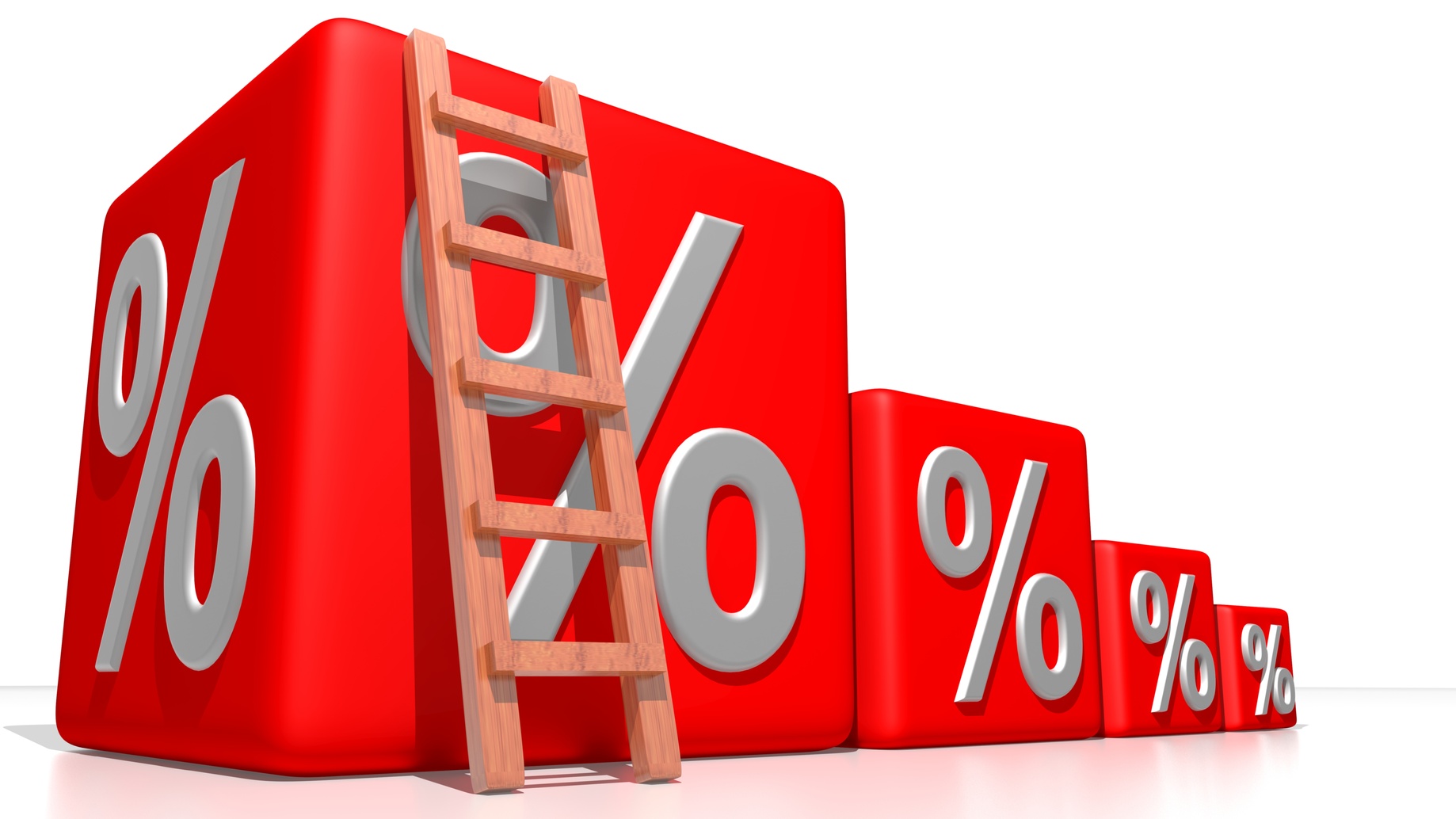The World Bank has revised South Africa's 2016 growth forecast down to 1.4%.
7 January 2016 · Jessica Anne Wood

The World Bank released a statement on Thursday 7 January 2016, where it stated that South Africa’s growth for 2016 is expected to be only 1.4%, which is only a slight increase from the 1.3% that the country achieved in 2015.
During 2015, economic growth in the country decreased from 1.5% in 2014, to 1.3% in 2015, this is according to the latest Global Economic Prospects report for Sub-Saharan Africa released by the World Bank.
“In South Africa, power supply bottlenecks, compounded by a severe drought and difficult (labour) relations, weighed heavily on growth,” stated the report.
Economic outlook
The downgrade in South Africa’s economic outlook for 2016 by the World Bank, follows similar downgrades by various ratings agencies in December 2015, such as Standard & Poor’s, Fitch Ratings and Moody’s.
The South African Reserve Bank (SARB) announced in November 2015 following the Monetary Policy Committee meeting that the growth forecast for South Africa for 2016 had been revised down to 1.5%.
In his speech, Lesetja Kganyago, Governor of the SARB, said that domestic economic growth prospects were subdued due to weak business confidence. “The Bank’s forecast for GDP growth has been revised down marginally for 2015 and 2016 to 1.4 per cent and 1.5 per cent, but remains unchanged at 2.1 per cent for 2017.”
On 3 December 2015, S&P revised South Africa’s international credit rating from stable to negative. “The actual rating has been maintained at BBB-, which is only one notch above speculative grade (“junk status”).This was worse than market expectations, which expected S&P to keep their rating unchanged and maintain a stable outlook,” explained STANLIB.
In addition to this, S&P also stated that they expected GDP (growth domestic product) growth to be about 1.6% for 2016, and increase slightly to about two percent in 2017 when electricity supply improves due to new power plants.
Fitch Ratings also downgraded South Africa’s international credit rating to BBB-, as well as lowering the GDP forecast for 2016 to 1.7% from the 2.3% it had previously forecast on 4 December of 2015.
In explaining its decision, Fitch Ratings stated: “GDP growth performance and estimates of growth potential have weakened further. There have been additional delays to the availability of new electricity generation capacity, which will likely constrain growth for another two years. Despite the ambitious structural reforms in the National Development Plan (NDP), various policies have weakened business confidence and South Africa's position in the World Bank's Doing Business rankings has fallen to 73rd from 69th. This deterioration is reflected in the lowering of Fitch's GDP growth forecast to 1.4% for 2015 (from 2.1% in the previous review in June 2015) and to 1.7% for 2016 (from 2.3%). While growth is expected to accelerate to 2.4% in 2017, it will remain well below the country's growth trend before 2008 of around 4% and the NDP target of 5%.”
Moody’s announced on 15 December 2015 that its growth forecast for 2016 was 1.4%. It explained: “The first driver for changing South Africa's rating outlook to negative is the economy's increasingly weak growth outlook, which Moody's now believes is likely to be sustained as a result of persistent structural challenges. Its latest growth projections now assume just 1.4% growth in 2015 and 2016, compared to forecasts averaging double that pace a year ago, and project that growth will not reach 3% again before 2020. The weak external position, and in particular the implications of the collapse in the rand for inflation and interest rates, pose additional downside risks to growth.”
However, despite the World Bank’s forecast being lower than that of other rating agencies and the SARB, according to a report, that fact that it is thought that growth may be faster in 2016 compared to 2015 is positive.
Ayhan Kose, World Bank Development Economic Prospects Group Director, revealed in a statement that “stronger growth in advanced markets will only partially offset the risks of continued weakness in major emerging markets. In addition, the risk of financial turmoil in a new era of higher borrowing costs remains.”
Free tool

info@justmoney.co.za
4th Floor, Mutual Park, Jan Smuts Drive,
Pinelands, Cape Town, 7405
© Copyright 2009 - 2025 · Powered by NCRCB29
Terms & Conditions
·
Privacy Policy
·
PAIA Manual
View your total debt balance and accounts, get a free debt assessment, apply for a personal loan, and receive unlimited access to a coach – all for FREE with JustMoney.